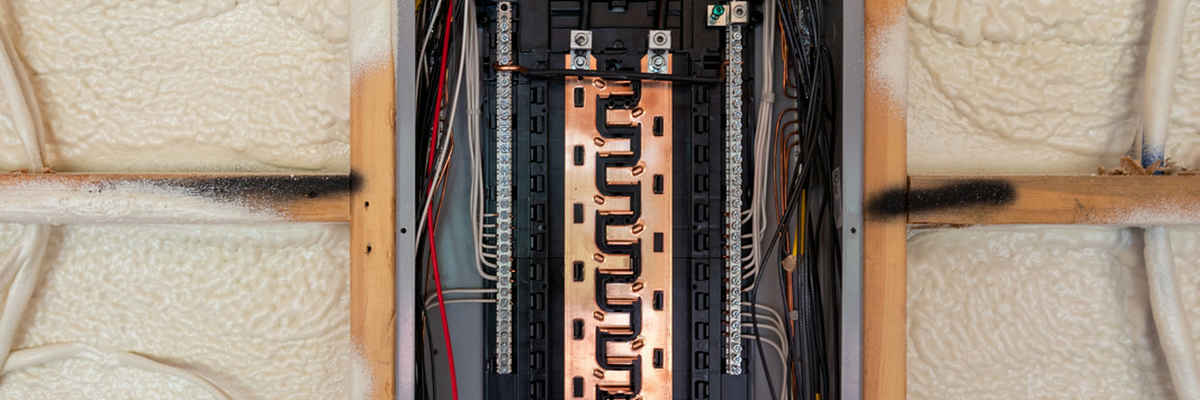What are the benefits of commercial insulation?
Commercial insulation makes use of both thermal mass and insulation. The thermal mass acts as a giant sponge to store heat for the building during warm periods, while the insulated element stops it from leaking back out.
The benefits are numerous, but include protecting buildings from extreme cold, saving on energy costs through reduced need for heating or cooling, because it can be heated quickly once warm weather has arrived. Improved indoor air quality because natural gas appliances are no longer needed to provide warmth. And lastly improved work/life balance because homes are more comfortable - making them nicer places in which to live and work.
For commercial insulation, the higher R-value will usually lead to greater insulation performance. The main drawback of EPS is its poor moisture resistance, which makes it susceptible to degradation when in contact with water. However, manufacturers have mitigated this problem by sandwiching a thin layer of aluminium foil between two layers of polystyrene. This additional manufacturing step produces a more premium product that can be used in areas where moisture might penetrate. For commercial insulation, EPS typically has a lower installed cost than XPS, but it also has lower thermal performance values.
In comparison to extruded polystyrene (XPS), expanded polystyrene (EPS) offers higher R-values per inch, lower installed cost, better sound insulation performance and higher compressive strength. Because it is manufactured using ozone-friendly blowing agents, XPS can be considered an environmentally friendly insulation product.
Further benefits of EPS include the fact that it is produced from sustainable raw materials that are naturally occurring in nature (i.e., sand, limestone and petroleum). It isn't treated with environmentally harmful chemicals such as formaldehyde, is recyclable and solvent-free. EPS insulation products are non-toxic and classified by the US Food and Drug Administration (FDA) as "Generally Recognized As Safe" materials.
Call Now - (657) 500-3661
Get Your Free Quote!

How does Commercial insulation work?
To make the best insulation, it's imperative that the thermal properties of the interior and exterior materials be different. The reason for this is that when insulation is installed, it traps still air in between its two surfaces. Air has poor thermal qualities, meaning that in summer it becomes very warm in sunlight while retaining immense amounts of heat in winter. If both materials are equally good insulators (say foam on both sides), heat will not be able to escape - an effect known as "thermal bridging"
This problem also occurs when you try to seal up multiple parts together with tape or caulking--when these things seal off a section of pipe it can act like a fiberglass-like tube that conducts heat along its length-but that is a different blog.
Back to commercial insulation: if one side of the insulation captures and retains heat due to its nature, and the other side reflects it away with its own properties, we will have created an environment where very little heat is able to conduct through two competing surfaces. This creates a "heat stuck" condition--meaning that the heat doesn't have anywhere to go, just like how your hand is warmer after holding a hot mug of coffee instead of being stuck in the cold winter air.
Call Us Now - (657) 500-3661
